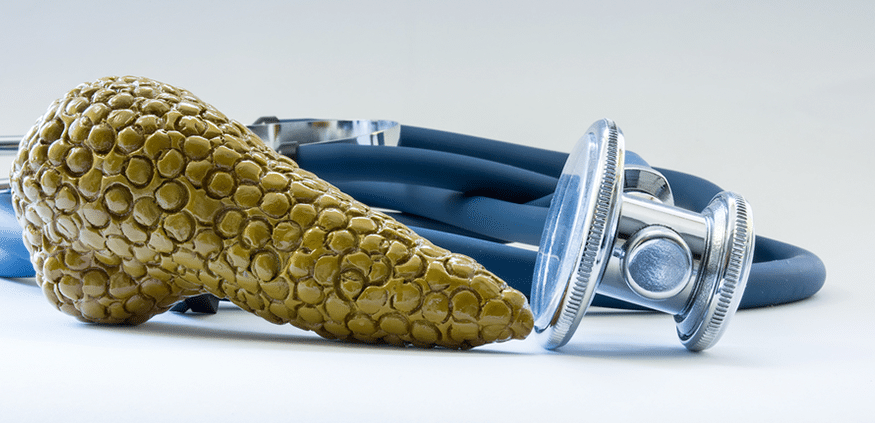Member Profile: The Gastrointestinal Society
The Gastrointestinal Society is a Canadian registered charity that has roots in its partner organization, the Canadian Society of Intestinal Research (CSIR), founded in 1976 in Vancouver, British Columbia. Our organizations work together providing patient information on a variety of topics from gum to bum at www.badgut.org. Gail Attara has been in the chief executive officer role since 1996.
Together, the GI Society and the CSIR are leaders in evidence-based and accessible information on gastrointestinal (GI) and liver diseases and disorders, including cancers in the digestive system (esophageal, stomach, small intestine, pancreatic, and colorectal).
All our programs and services focus on providing trusted, medically-sound information on digestive and liver health in both English and French. This includes our quarterly Inside Tract® newsletter, printed pamphlets on more than 30 topics, educational videos, and our websites in English and French. We are supporting individuals with the information they require to better understand and manage their specific health needs. We also work closely with healthcare professionals and governments at all levels toward system-wide improvements in care and treatment, this includes health technology assessment in Canada and internationally. We believe that all patients deserve affordable access to appropriate healthcare and medication, no matter where they live.
A recent issue of our Inside Tract® newsletter includes an overview of pancreatic cancer and the recent approval from Canada’s health technology assessment body for a new treatment for advanced pancreatic cancer. You can view the article on our website at https://badgut.org/information-centre/a-z-digestive-topics/treatment-of-advanced-pancreatic-cancer/.
We are excited to work with WPCC and take part in World Pancreatic Cancer Day each year. With the support of WPCC and members, we hope to make advancements in awareness, education, and research in early diagnosing tools for pancreatic cancer so that patients receive a timely diagnosis and live a better and longer quality of life.

